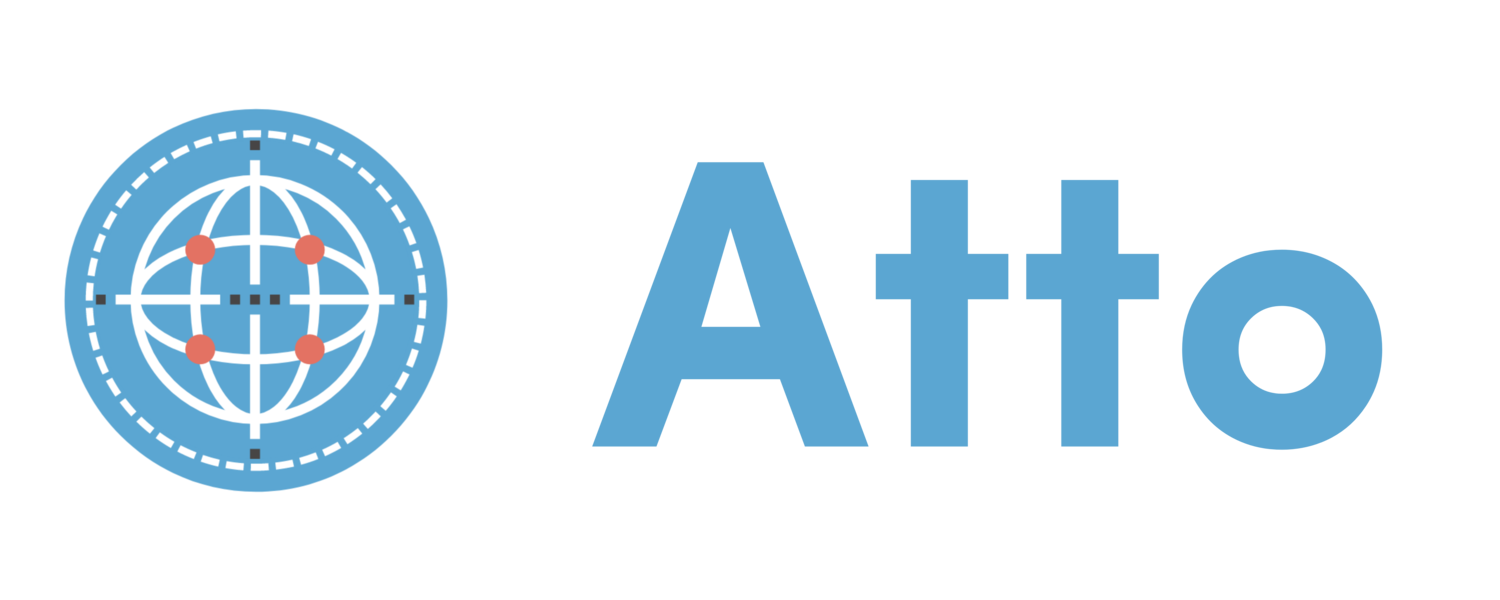Meet the Founder: Sophia Ritchie, Thero
This month, we chat with Sophia Ritchie, the founder of NZ-based Thero (Atto 2020).
Tell us more about where the idea for Thero came from.
The idea for Thero came about when I was teaching guitar as a part-time job during university. I had a few classical guitar students, who learn classical playing techniques and reading music, but most of my students wanted to learn pop songs without learning to read and write music. This made it harder to teach music theory and understanding, as almost all the teaching material for music theory assumes you’re teaching how to read and write notation. And anyway, it was hard getting the classical students to fill out music theory textbooks, let alone the pop students. So I had an idea that there should be an easier way to teach music theory, similar to Mathletics or Duolingo, and actually built a prototype for it as my final year university project.
What were/are you doing prior to starting the business? Did you start it as a side hustle or did you go all-in from the get-go?
I was working full-time as a software developer. I started Thero as a side hustle and scaled back my hours a few times to give myself more time to work on the idea.
Is it still your side hustle? If so, how do you manage the time spent on the business and time spent at ‘work’?
No, I’ve been working on Thero full-time since this February.
What problem is Thero solving?
Thero makes teaching music theory easy. Music teachers no longer have to use boring music theory textbooks, taking time out of the lessons and using a one-size-fits-all method. Now they can set lessons anytime, view student progress at a glance, and keep theory fun and relevant no matter what students are learning to play. It’s a great time to release Thero too, as it’s easier for remote learning, and more students than ever have tablets or Chromebooks for school and learning.
How long had you been running Thero before applying for Atto 2020?
Around a month. Applying for Atto was one of the first things I did after the initial branding!
What was the first thing you did to get Thero up and running?
I created the logo with some help from friends who are UI designers. Once that was done I created the Squarespace website in a day or two. Just to get something going and have something to show people.
Was being a startup founder always part of your career plan? If not, what was?!
No. I began studying engineering with no real plan - all I knew is that I wanted to be able to work anywhere in the world, which led me to software engineering.
I didn’t really think about business at all, until I realised that my part-time job running my own music school was, in fact, a business. And I loved it! When I had to scale it down when I graduated, I found it really hard to say goodbye to that part of my life. During that first year of full-time developer work, I attended an Auckland Startup Weekend and realised that I thrived off the fast-paced creativity that comes with building a new business. After that experience, I felt like I was waiting for the right idea to come along and it was just a matter of time.
What would be the one piece of advice you’d give to other female founders looking to take the leap into something new?
Connect with people who understand what you’re trying to do and who have had similar experiences. It makes it way easier having people to talk to about the ups and downs.
I seem to remember that Thero was already being used by students and teachers, tell me more about that...
We do have an alpha running currently with a few teachers and their students. It’s been incredibly useful to hear what users like, what they find useful, and what features make a difference for them. We have been building out the software around that early feedback, and it’s starting to all come together now.
What does 2021 (and beyond) have in store for you as a founder? What’s your next step for Thero?
The next immediate step for Thero is a wider beta release. That’s coming up over the next week or two. 2021 has a whole lot of learning in store for me, especially around scaling up and reaching potential customers.
How do you think the accelerator program helped you in your business?
Atto really gave me a framework for getting started. It made it so much easier to plan for the future and take the next steps in building out the business. The supportive environment was really important too, with the mentoring and support I received during the program really helping me get the initial momentum I needed.

